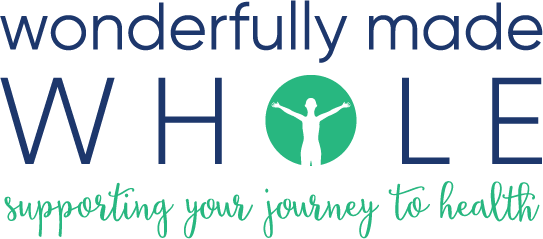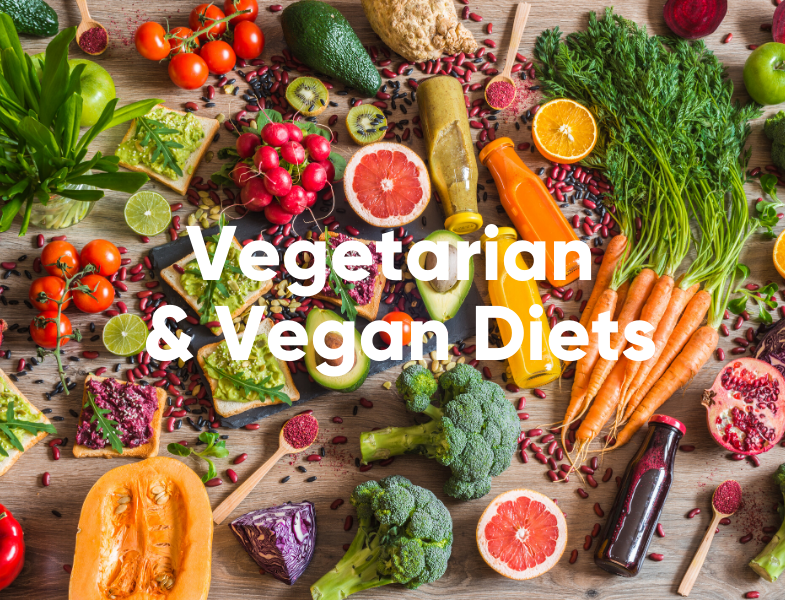Episode 5 of The Homemade Health Podcast – Vegetarian & Vegan Diets and Potential Deficiencies
Join Sydney and Lori as they dive into the topic of vegetarian and vegan diets. They discuss the benefits that may be experienced with eating plant based as well as potential deficiencies that may be seen. They also discuss ways that you can optimize a vegetarian diet to prevent against deficiencies.

HH – Episode 5 Show Notes
INTRO & WELCOME
- Sydney’s fiddle event and Keto experiment
- Lori’s Rest for the Weary Retreat
Topic: Vegetarian, Vegan, Carnivore & Other more popular diets – what they are, pros & cons
“Any diet or way of eating can provide some benefits. Depending on what you have going on in your system, people can find great relief in these diets. My personal opinion as they can be great therapeutically, some CAN be great long term with the right supports, and others need careful considerations” – Syd
It may take time for nutrient depletion to show up. It’s important to look at both sides of any diet so you can make the most educated decision for yourself. Can’t rely on one side for the info as there is always a bias.
VEGETARIAN & VEGAN
- What is a vegetarian diet? How is it different from a vegan diet?
- Lacto-ovo vs. no animal products
- Benefits
- Important to note that improvements seen on ANY type of diet may be attributed to what people are NOT eating even more than what they ARE eating
- Anyone coming from SAD will likely see a benefit in any of these diets as they are eliminating inflammatory foods and focused on eating “real” food
- Vegetables tend to be more cleansing, meat is more healing
- Helpful for detoxification
- Cons
- Potential deficiencies
- B12 can only come from animals
- Methylation, energy, important for development of babies brains when pregnant and nursing
- Some who choose to exclude meat for ethical reasons include oysters for B12
- No central nervous system
- Purportedly don’t feel pain
- DHA and EPA
- Veg sources like walnuts, flaxseeds & chia seeds don’t meet RDA
- Cholione
- Collagen
- Glycine
- Most abundant amino acid in collagen
- Bone broth, collagen or gelatin powder, fish (w/skin)
- Veg sources sesame seeds & spirulina algae, but not great enough quantity
- Vitamin A
- Beta-carotene conversion issues (provitamin A)
- Preformed Vit A from animal sources
- Full fat dairy & eggs
- Vitamin K2
- Vegetarians -> egg yolks, cheese, full-fat fermented dairy products
- Iron
- Zinc
- Minerals
- Article about deficiencies: https://chriskresser.com/why-you-should-think-twice-about-vegetarian-and-vegan-diets/
- B12 can only come from animals
- Compromised GI tract may not take to so much fiber, SIBO
- Potential deficiencies
- Optimizing a Vegetarian Diet
- Eggs – 3 per day
- dairy – always full fat
- Eat separate from high-iron foods (black beans, spinach) as calcium & iron compete for absorption
- Seaweed
- Supplements
- Algae based DHA supplement or good quality fish oil
- Consider oysters
- Properly prepare grains & legumes
- Strict vegan
ANTI-NUTRIENTS
HOW TO DECIDE IF IT’S RIGHT FOR YOU?
INDICATIONS IT’S TIME TO ADJUST
THANK YOU & CLOSING
- Remind about review giveaway – Leave a 5 star review and then email us at homemadehealthpodcast@gmail.com to be entered into a drawing for the book “Cook Once Eat All Week” by Cassy Joy Garcia (please note that this is an affiliate link – purchasing through this link will not increase your price at all but will give us a very small percentage of the sale).

